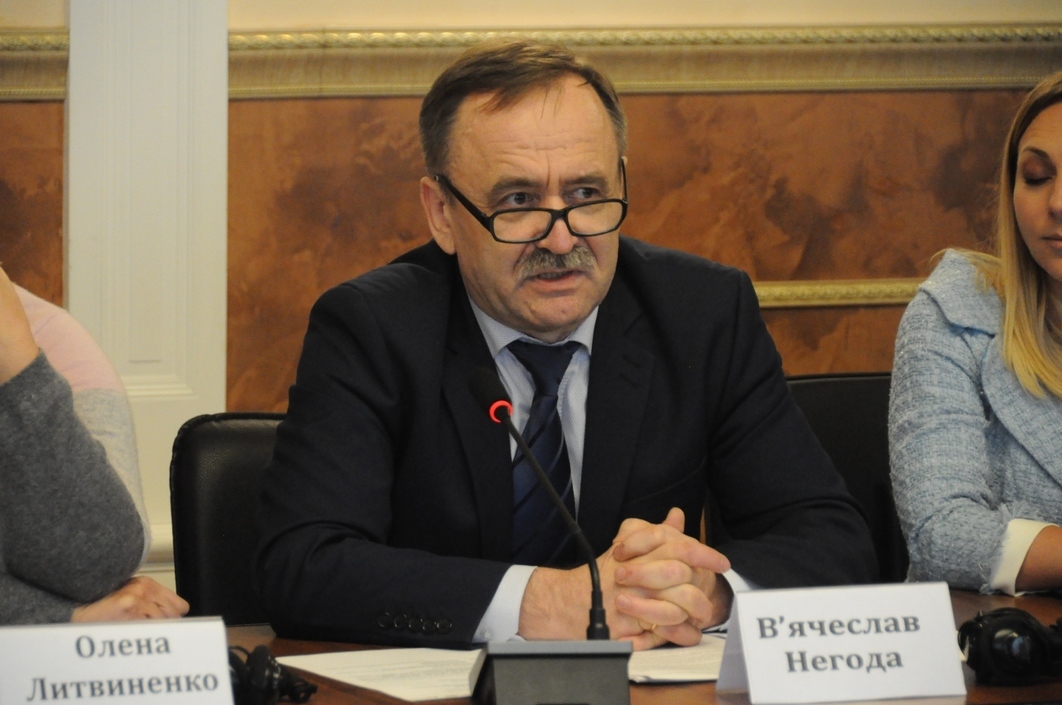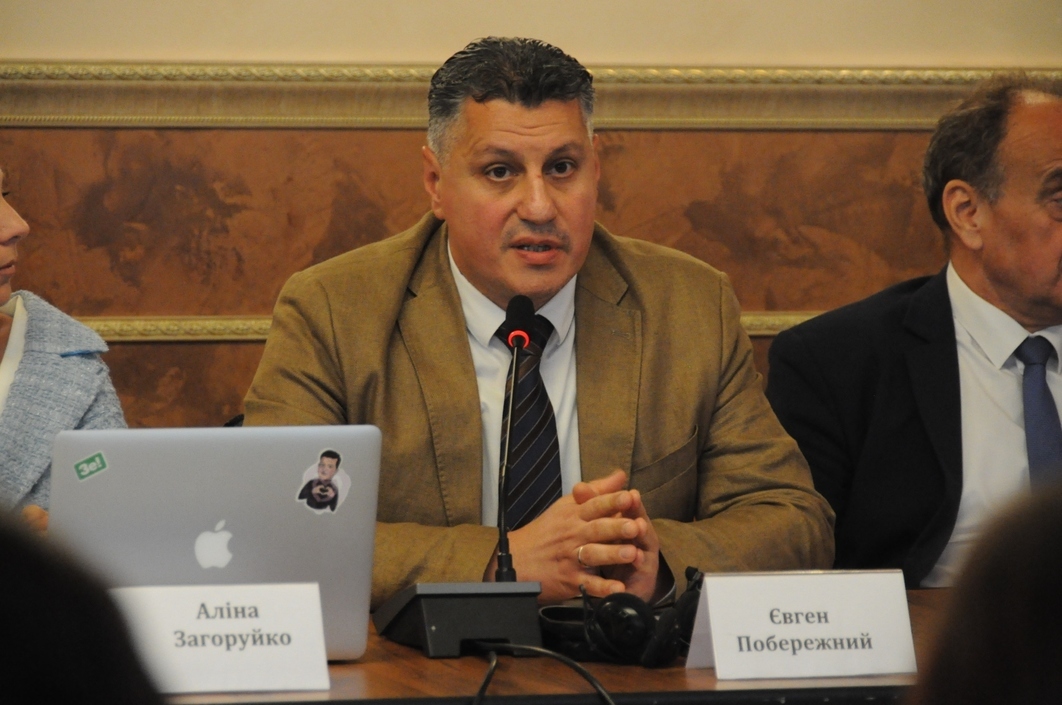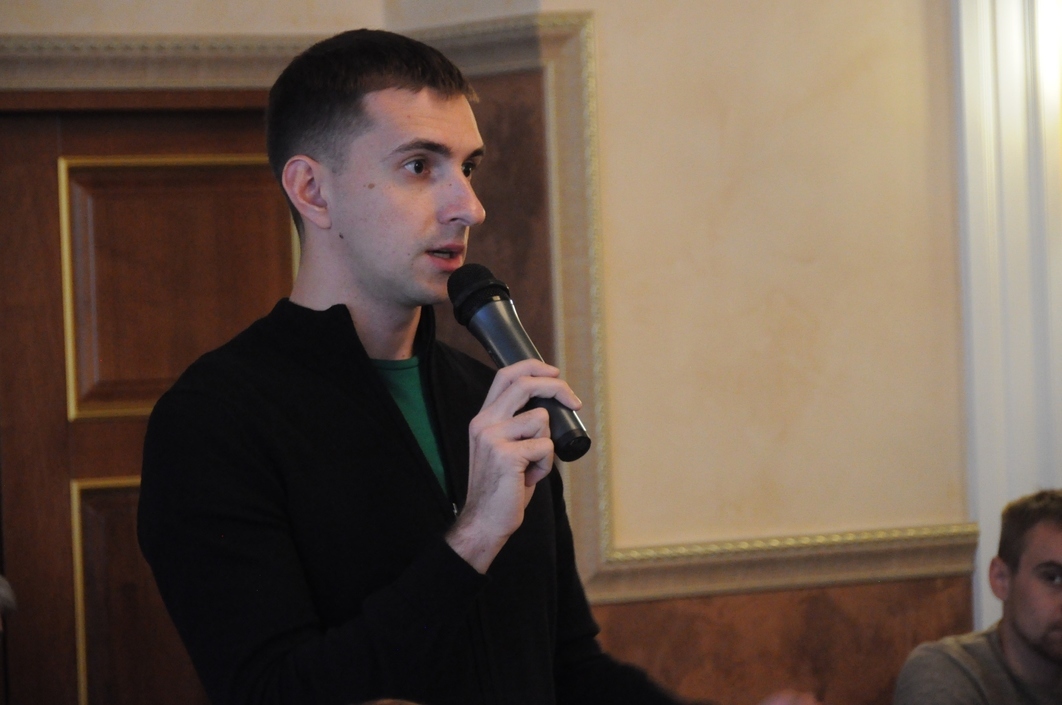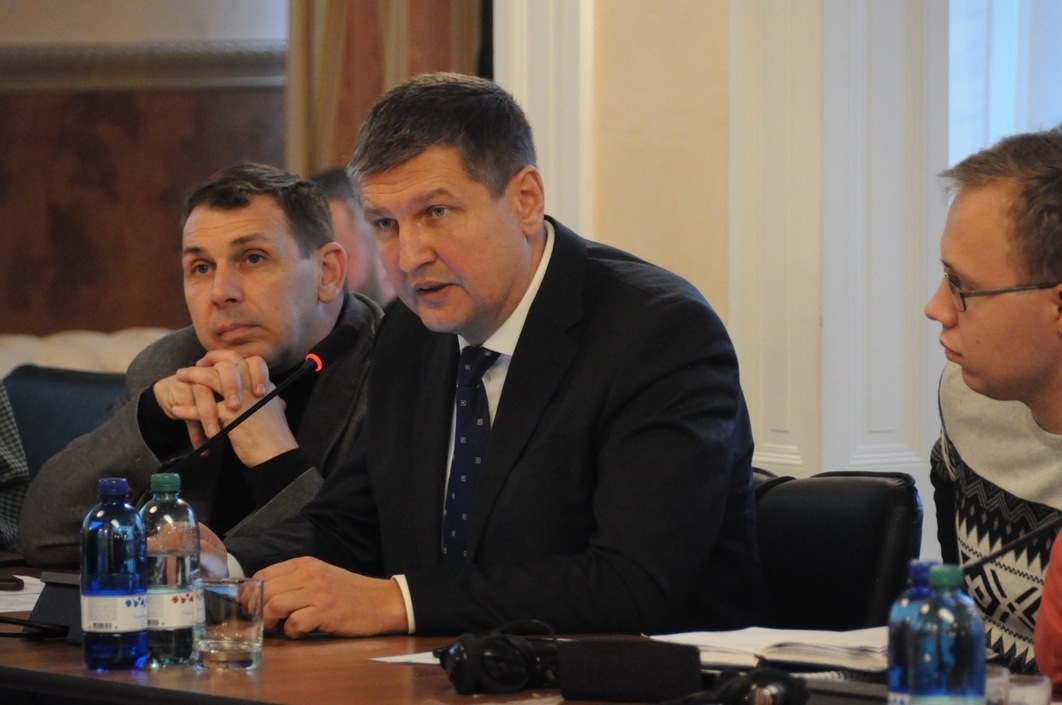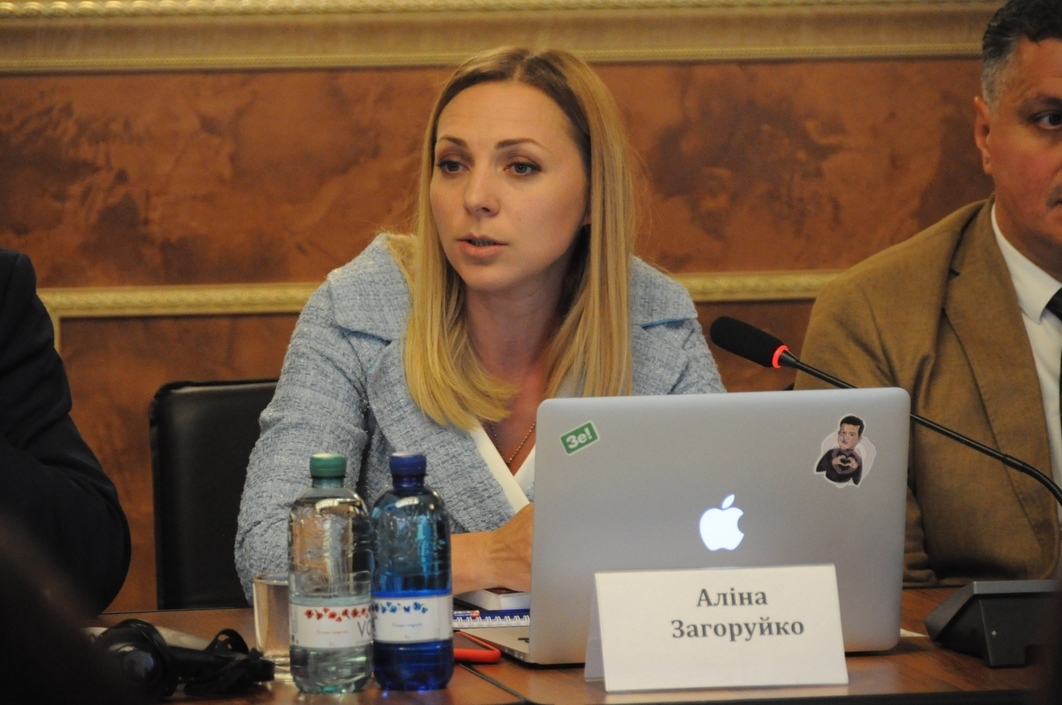What will next local election be like? – expert opinions
This issue was discussed during the presentation of the Concept for Amendments to Local Election Law, elaborated by a working group of experts in course of six months.
By Dmytro Synyak 

Elections to local councils will be held under the new electoral system, and society should take an active part in shaping it. This was the main message of the first public presentation of the Concept for Amendments to Local Election Law. According to Vyacheslav Nehoda, Deputy Minister of Development of Communities and Territories of Ukraine, “this event is the start of a broad public discussion of the concept.”
“We have time to discuss everything and finally adopt the best model,” said Vyacheslav Nehoda, opening the presentation.

Since May, the expert group, supported by the Organisation for Security and Co-operation in Europe (OSCE) and the Council of Europe, has been working on the Concept for Amendments to Local Election Law. Expert group coordinator Volodymyr Kovtunets has already told decentralization.ua about the results of his work. During the discussion, he repeated the main points of the reform: introduction of a majority vote system in local election, linking of the number of deputies in councils to the number of voters (while for hromadas with different population numbers the proportion will be different), and a proposed number of measures to determine voter affiliation with the hromada.

"In the work of the expert group, we often observed the opposite approaches,” said OSCE election programme manager Yevhen Poberezhnyi. "For example, if we want to represent each hromada in the oblast council, then we should be aware that the number of deputies in oblast councils will grow. On the other hand, the proposal to introduce salaries for the deputies of the oblast councils is also being considered, and in such circumstances their number should be sharply reduced."

Volodymyr Kovtunets’s proposal to separate the election address and the registration address (registration of the place of residence) was the most objectionable. According to MP Dmytro Chornyi, this can become a source of numerous abuses. Candidates will have the opportunity to buy votes by registering the right people at their polling address.
Mr Kovtunets was supported by Tetiana Durnyeva, Executive Director of NGO “Public Holding “Impact Group”, that, in particular, deals with the problems of internally displaced persons. According to her, about 12% of the population of Ukraine live out of place of registration. And many of them left the temporarily occupied territories, but remained registered there. These people should be allowed to vote in local election, for example, subject to a rental agreement, employment certificates, etc.

The participants of the discussion were cautious about Volodymyr Kovtunets’s proposal to limit the influence of political parties in the local election, combining the majority vote system and party lists. According to the author of the reform, this, on the one hand, will create competition that will have a positive impact on the election result, and on the other, will allow those who do not share the positions of certain parties to get into power.
“Departisation is one of the main issues that reform writers still need to work on,” said Ihor Popov, expert on anti-corruption policy and public administration, election and information campaigns consultant of the Ukrainian Institute of Future, NGO.

“We did not include any specifics for the occupied territories in the new electoral model,” Vyacheslav Nehoda replied. “Firstly, we had no such task, and secondly, we believe that the effect of Ukrainian laws should extend to the entire territory of the state, without exception. We already had separate legislation for the Autonomous Republic of Crimea, and now we can see what happened.”
“The election model we are discussing did not concern the election of starostas, did not try to determine whether or not district councils in Kyiv are needed,” added Volodymyr Kovtunets. “These are all separate issues that need to be discussed in separate discussion panels.”
“The electoral system must be clear and transform the votes into deputy mandates without distortions,” said Alina Zahoruyko, Deputy Chairman of the Verkhovna Rada Committee on State Building, Local Governance, Regional and Urban Development.

“It is very important for us that the work on developing the best model for the local election began in advance,” said Olena Lytvynenko, Deputy Head of the Council of Europe Office in Ukraine. “For by European standards, any changes to the electoral law should be implemented at least one year before the election, in order to avoid political manipulation and increase voters’ confidence in the laws of the state. We will continue to provide the reform with comprehensive support, with readiness engaging in all discussions, both at national and regional levels.”

More information on amendments to the legislation on local elections
The full version is available in Ukrainian – please click HERE
Tags:
elections vybory zakonotvorchist V.Nehoda Volodymyr Kovtunets
Source:
Прес-центр ініціативи «Децентралізація»
20 February 2026
Місцева статистика: Як перетворити розрізнені...
У Києві відбулася стратегічна зустріч "Статистика громад", організована Державною службою статистики України за...
20 February 2026
I_CAN launched a nationwide rollout of its Public Investment Management Training Programme for local governments and...
20 February 2026
Language of Development Part 2: Funds and Instruments of EU Cohesion Policy
Language of Development Part 2: Funds and...
With the “language of development”, we describe not only the goals and principles of EU regional policy, but also...
19 February 2026
Анонс: вебінар «Обговорення змін до Порядку...
Які практичні кроки мають здійснити керівники та педагоги, щоб ефективно впровадити ключові зміни до Порядку...

